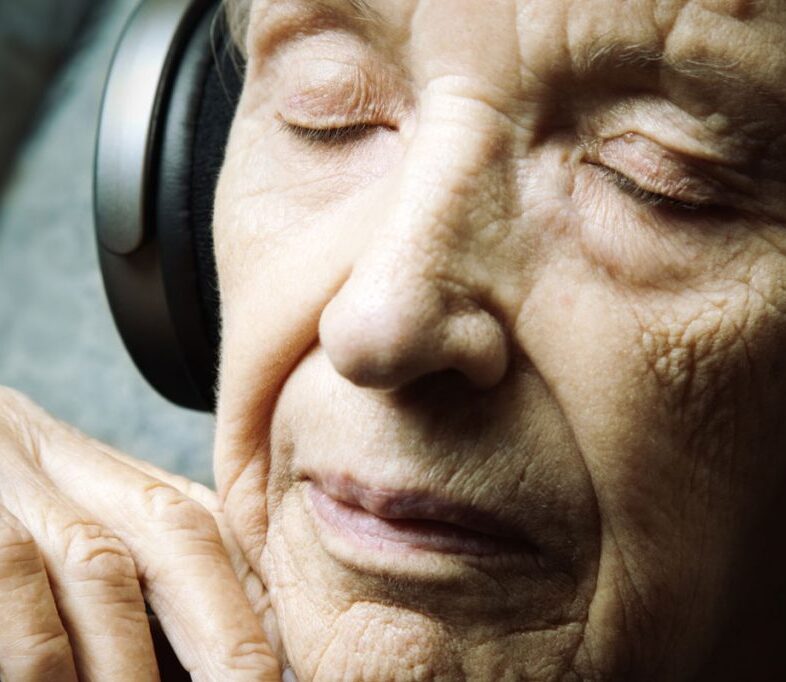Overview
Help to handle life’s challenges
Clinical counsellors help you consider new insights, strategies, and coping skills that create choice, perspective and positive change. They can help you recognize your strengths.
A counsellor can help you if you are experiencing:
- Depression
- Anxiety
- Mental health conditions
- Recent trauma or loss
Learn More
Clinical counselling is a partnership between you and your counsellor to set goals and work to together to reach them.
Counsellors:
- Are trained professionals, skilled in communication, who understand how people work through difficult feelings and events
- Work with individuals, couples, and families in individual and group settings
- Enable you to explore your thoughts, feelings and experiences and focus on concerns you want to resolve
They help facilitate change toward improved mental health and well-being. In fact, they are experts in the process of change. A relationship with a counsellor can become a profound and deeply moving experience, one that makes life better, richer, and more satisfying.
Counsellors can train in one or several theoretical approaches that guide how they understand people, their concerns and potential solutions. Many different types of therapy share core concepts including:
- Listening
- Creating a non-judgmental environment
- Practicing empathy
- Communicating to help you find answers
Our counsellors have training in these therapies:
- Eye Movement Desensitization and Reprocessing (EMDR) Therapy
- Cognitive Behavioural Therapy
- Body-Centered (Somatic) Counselling
- Guided Imagery & Music
Research suggests the counsellor’s theory has little impact on the outcome. The most important part is that you like your therapist and can create a comfortable, safe and productive relationship with them.
You can read more about these approaches below, under Sub Therapies.
Introduction (Optional)
15 minutes
No charge
- Meet your prospective counsellor to see if you connect and if this would be a successful therapeutic relationship.
Initial appointment
50 to 80 minutes
Your counsellor will:
- Have a conversation with you about benefits, risks and expected outcomes
- Require your informed consent
- Set clear, mutually agreed-upon goals
- Demonstrate appropriate boundaries and offer a safe, confidential space
- Ensure your well-being is the focus of the relationship
- Gather applicable details to support your goals and outcomes
- Adhere to BCACC’s standards of practice and Code of Ethics
Our Practitioners
Counselling Victoria
We take an empathetic approach to your care and always provide the most up-to-date information and resources. We want to help you on your journey to recovery.
Not sure where to start? Call 250-475-1522, ext 2. and our patient care coordinators will help.







